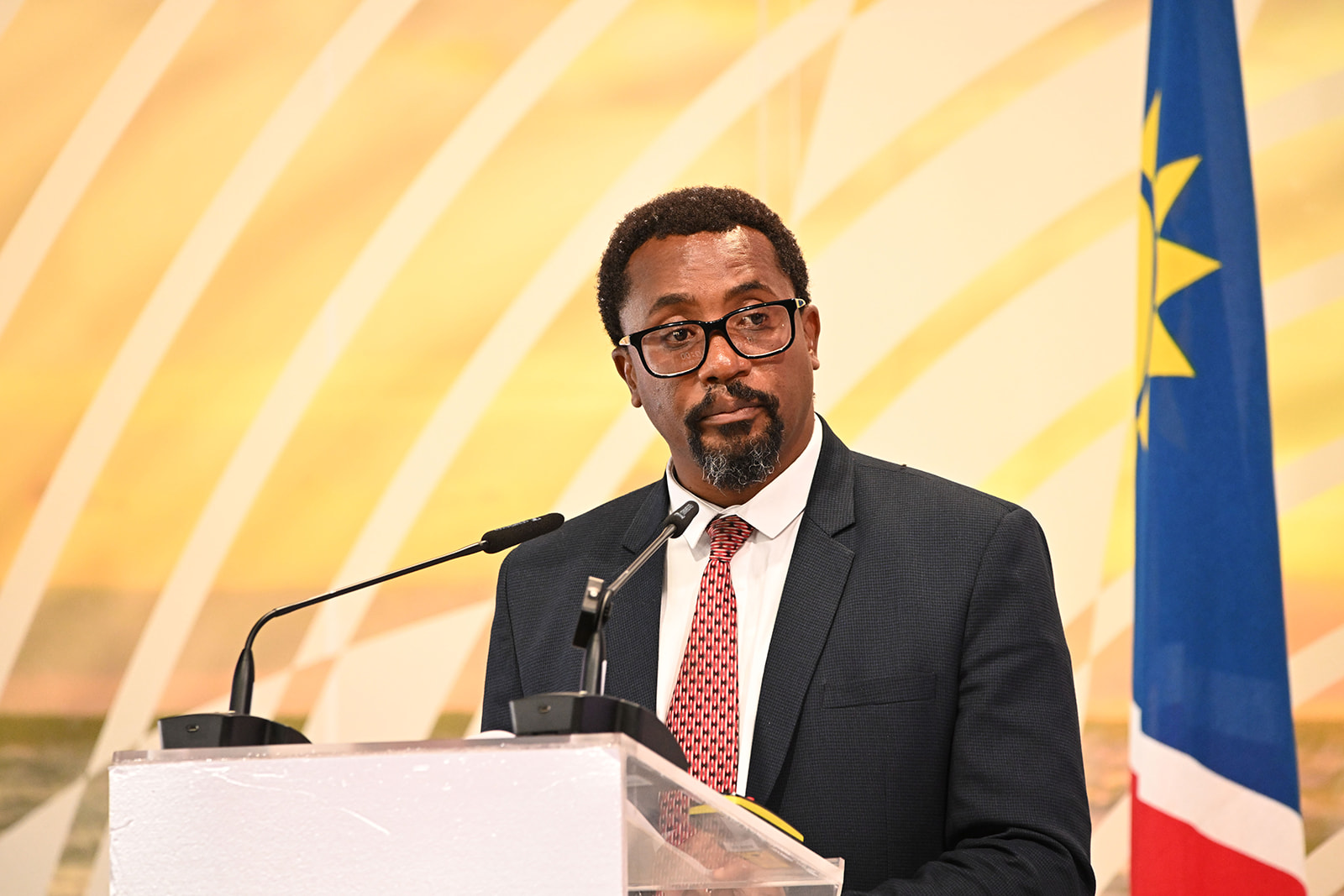
The Namibian government is proposing a policy that would require 51% Namibian ownership in all new mining ventures, describing it as a necessary step toward ensuring long-term sustainability and greater local equity in the sector.
Speaking at the official opening of the 2025 Mining Expo in Windhoek on Tuesday, Deputy Prime Minister and Minister of Industries, Mines and Energy, Natangwe Ithete, said the proposal forms part of a broader review of the Minerals Bill, which will include extensive stakeholder consultations to align the country’s mining legislation with modern and equitable industry standards.
“Furthermore, we are actively consulting with industry stakeholders on mechanisms that will promote 51% Namibian ownership in new mining ventures. We believe that local empowerment is not only a matter of social justice, but also a cornerstone for long-term stability and sustainability in the sector,” he said.
Ithete noted that the ministry is prioritising policy frameworks that strengthen local ownership, build capacity, and promote value addition within the industry.
The proposal follows the Minister’s previous calls for Namibia to increase the minimum threshold for local ownership in mining projects, moving beyond the current 10% requirement.
At present, the government, through state-owned entities such as the National Petroleum Corporation of Namibia (NAMCOR) and Epangelo Mining, maintains a 10% stake in most mining and oil ventures.
Ithete said that any mineral rights granted must demonstrate some level of Namibian ownership.
“I am pleased to report that all 12 mining licences issued in the last three years were subjected to an additional condition to ensure local participation, thereby increasing local equity in the mining sector,” he said.
Reflecting on the long-term vision behind the proposed ownership target, Ithete posed a broader question to policymakers and the industry alike: “Must we start promoting a 51% ownership that may only be realised in the distant future, perhaps 200 years from now? Should we begin today, look to tomorrow, or should we have started yesterday? Since we have not done so, should we stop altogether? This raises the important question,” he said.







